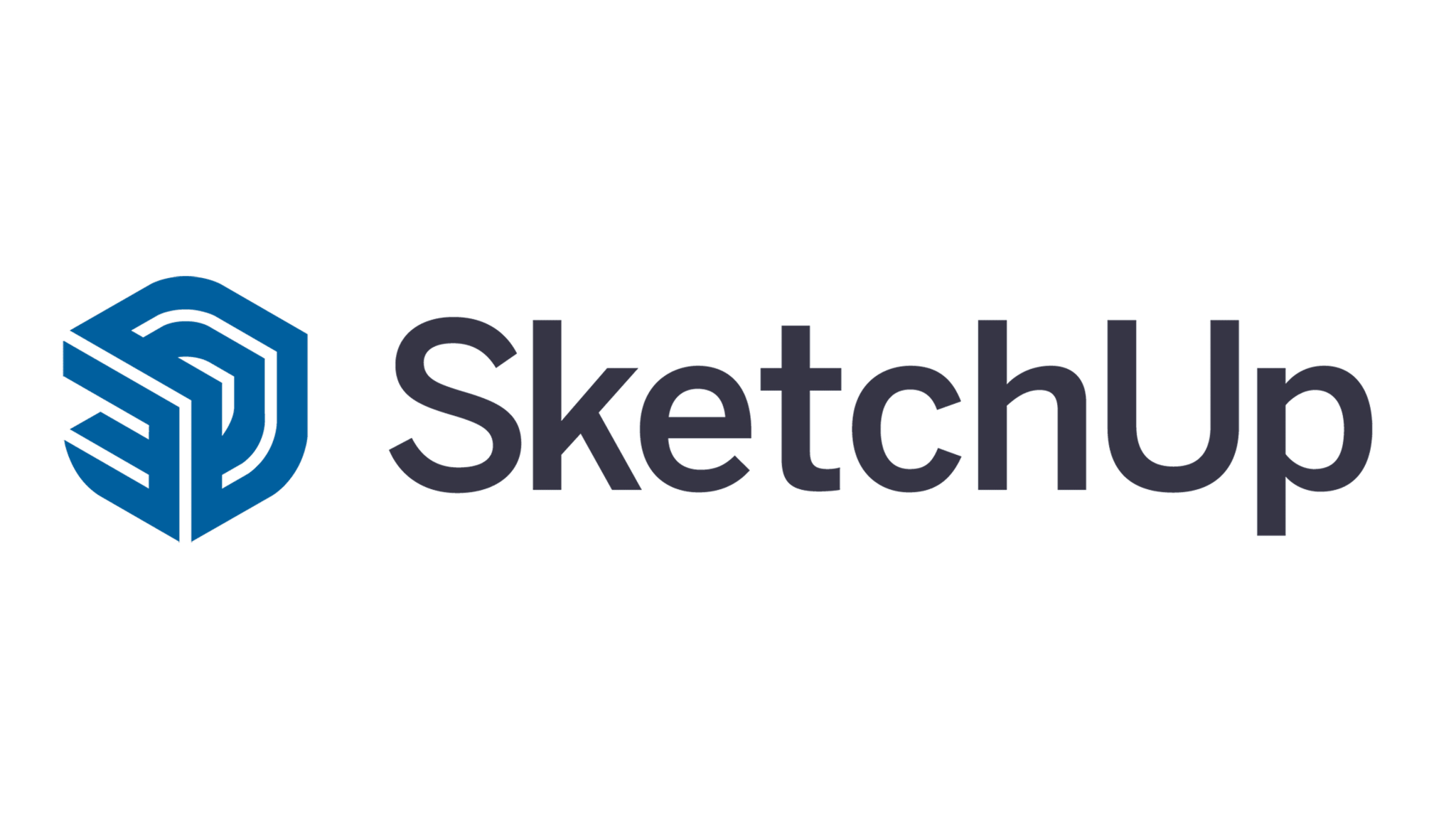
Figma 117.14.7
Streamline design workflows with real-time collaboration, eliminating version control headaches in an intuitive browser-based UI and UX design application that boosts productivity.
About Figma
Streamlining Design Workflows with Figma
As a designer, have you ever found yourself stuck in a never-ending cycle of revisions and feedback loops? "How do I make sure everyone is on the same page?" you might wonder. Or perhaps, "I'm tired of switching between multiple design tools to collaborate with my team." You're not alone.
In today's fast-paced design landscape, collaboration and productivity are key to delivering exceptional results. That's where Figma comes in – a powerful browser-based UI and UX design application that streamlines your design workflow, eliminating version control headaches once and for all.
Real-Time Collaboration Made Easy
Figma's intuitive interface is designed with real-time collaboration in mind. With just one click, you can invite team members to edit your designs simultaneously, regardless of their location or device. The app's collaborative features include:
- Live commenting: Add sticky notes to your design and respond to others in real-time
- @mentions: Tag specific team members with a mention, making it easy for them to jump into the conversation
- Revision history: Keep track of all changes made to your design, from version control headaches
Imagine being able to work on a project with your entire team in one place – no more email chains or phone calls trying to coordinate revisions.
Powerful Design Capabilities at Your Fingertips
Figma is not just about collaboration; it's also an incredibly powerful design tool. With its intuitive interface and robust feature set, you'll be able to:
- Design from scratch: Create custom designs using Figma's vector graphics editor
- Customize templates: Use pre-built templates to speed up your workflow
- Create prototypes: Interactively test your designs with real user interactions
Simplifying Version Control
One of the biggest pain points in traditional design workflows is version control. "How do I keep track of all these revisions?" you might ask. Figma's solution is simple:
- Automatic versioning: All changes made to your design are automatically stored, making it easy to revert to previous versions
- Version comparisons: Quickly compare different versions of your design side-by-side
Putting Figma to the Test
But don't just take our word for it. Here's what some satisfied users have to say:
"Figma has been a game-changer for our design team. We're able to collaborate more efficiently and deliver projects faster than ever before." – Emily R., UX Designer
"I was skeptical about using Figma at first, but its intuitive interface and powerful features have won me over. It's genuinely changed the way I work." – David K., UI Designer
Conclusion: Ready to Streamline Your Design Workflow?
Figma is more than just a design tool; it's a solution for streamlining your entire workflow. With real-time collaboration, powerful design capabilities, and simplified version control, you'll be able to deliver exceptional results faster than ever before.
Ready to give Figma a try? Sign up for a free account today and start collaborating with your team in real-time.
Technical Information
Figma Technical Documentation
============================
System Requirements
- Operating Systems: Figma is compatible with the following operating systems:
- Windows 10 (64-bit) or later
- macOS High Sierra (10.13) or later
- Linux (Ubuntu 18.04 or later, CentOS 8 or later)
- Hardware Specifications:
- CPU: Intel Core i5-9300H or AMD Ryzen 7 4800U
- RAM: 16 GB or more recommended
- Storage: 256 GB or larger solid-state drive (SSD) required
- Graphics Card: Integrated graphics or a dedicated NVIDIA GeForce GTX 1060 or higher, AMD Radeon RX 580 or higher
- Network Connectivity: Figma requires a stable internet connection for real-time collaboration. A minimum upload speed of 50 Mbps is recommended.
- Browser Compatibility: Figma is compatible with the following browsers:
- Google Chrome (version 80 or later)
- Mozilla Firefox (version 68 or later)
- Microsoft Edge (version 79 or later)
Installation Guide
Installing Figma on Windows
- Download the Figma installer from the official website.
- Run the installation file and follow the prompts to install Figma.
- Once installed, launch Figma from the Start menu or desktop shortcut.
- Enter your Figma account credentials to log in.
Example command line installation:
curl -O https://figma.com/download/installer/Figma.exe
sudo apt-get install gpg -y
gpg --verify Figma.exe.sha1
sudo mv Figma.exe /usr/local/bin/
Installing Figma on macOS
- Download the Figma installer from the official website.
- Open the downloaded
.dmgfile and drag theFigmaicon to the Applications folder. - Launch Figma from the Applications folder or Launchpad.
- Enter your Figma account credentials to log in.
Example command line installation:
curl -O https://figma.com/download/installer/Figma.dmg
sudo mv /Users/yourusername/Library/Application\ Support/Figma/Figma.app /Applications/
Common Installation Issues and Solutions
- If you encounter issues with the installer, try reinstalling Figma or checking the system requirements.
- If you are using a proxy server, configure it in your operating system settings before installing Figma.
Technical Architecture
Figma is built on top of the following technologies:
- Core Frameworks: React and Redux for the client-side application
- Backend Services: Node.js and Express.js for API routing and data storage
- Database: MongoDB for storing user data, design files, and collaboration history
- API: GraphQL for providing real-time updates and querying
Figma uses a microservices architecture to distribute tasks across multiple services:
- Design Editor Service: Handles UI/UX design and layout
- Collaboration Service: Manages user authentication, session management, and real-time updates
- File Storage Service: Stores and serves design files and collaboration history
Dependencies
Figma relies on the following dependencies:
- React: 17.0.2 or higher for client-side rendering
- Redux: 7.1.3 or higher for state management
- Node.js: 14.17.0 or higher for backend services
- Express.js: 4.17.1 or higher for API routing and data storage
- MongoDB: 4.4.2 or higher for storing user data, design files, and collaboration history
Performance Considerations
Figma is optimized for performance on the following hardware configurations:
- CPU: Intel Core i7-9700K or AMD Ryzen 9 3900X or higher
- RAM: 32 GB or more recommended
- Storage: 512 GB or larger SSD required
Figma uses caching and optimization techniques to reduce latency and improve performance:
- Client-side caching: Stores frequently accessed data in the browser's cache
- Server-side rendering: Renders pages on the server for faster page loads
- Asynchronous requests: Handles real-time updates and querying using asynchronous requests
System Requirements
| Operating System | Cross-platform |
| Additional Requirements | See technical information above |
File Information
| Size | 111 MB |
| Version | 117.14.7 |
| License | Freemium |
User Reviews
Write a Review
Download Now
Software Details
| Category: | Graphics & Design |
| Developer: | Figma, Inc. (Adobe) |
| License: | Freemium |
| Added on: | April 20, 2022 |
| Updated on: | March 15, 2025 |




